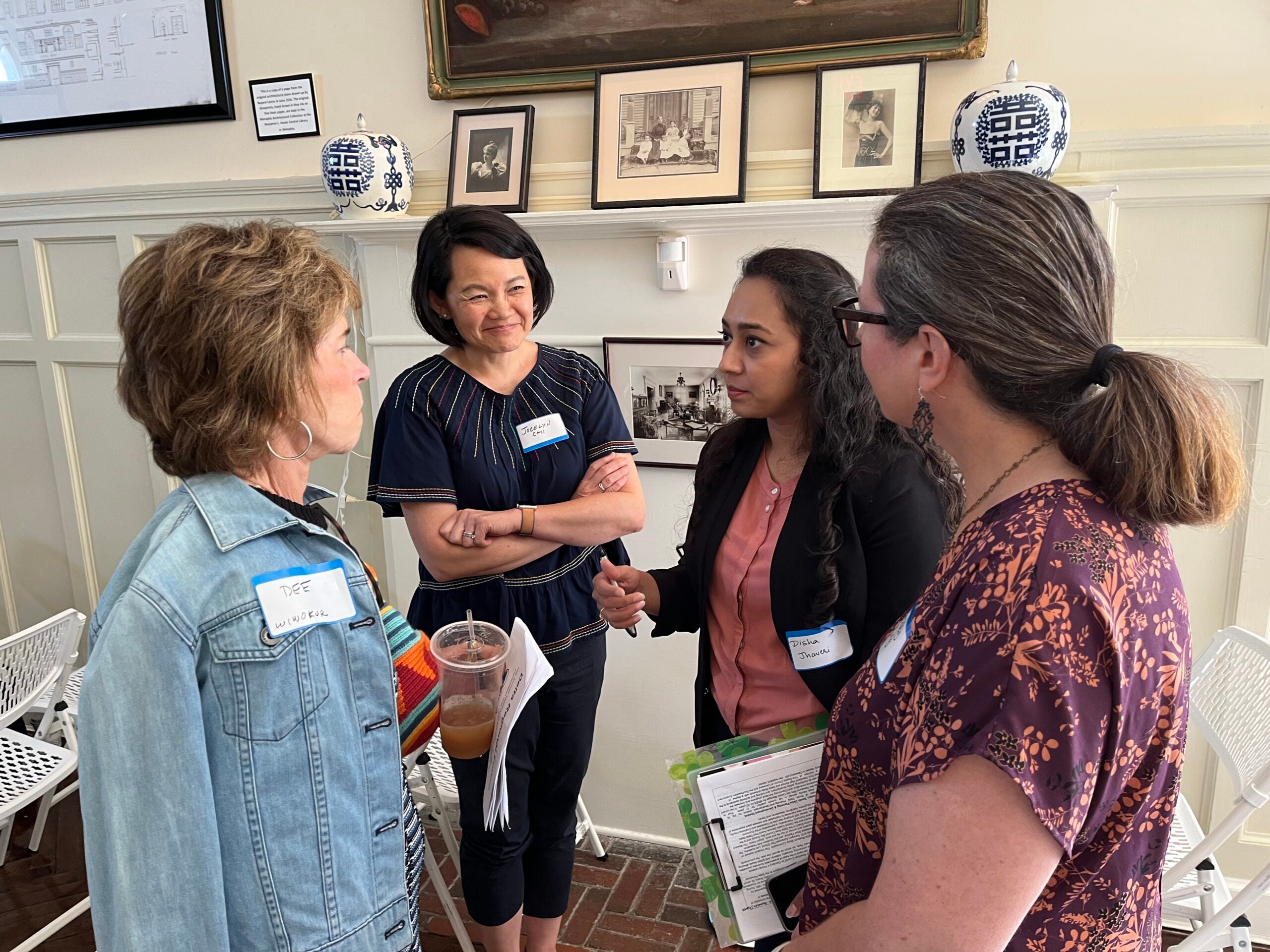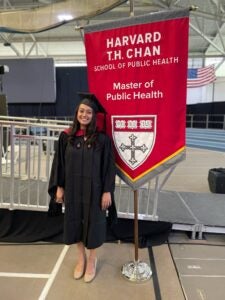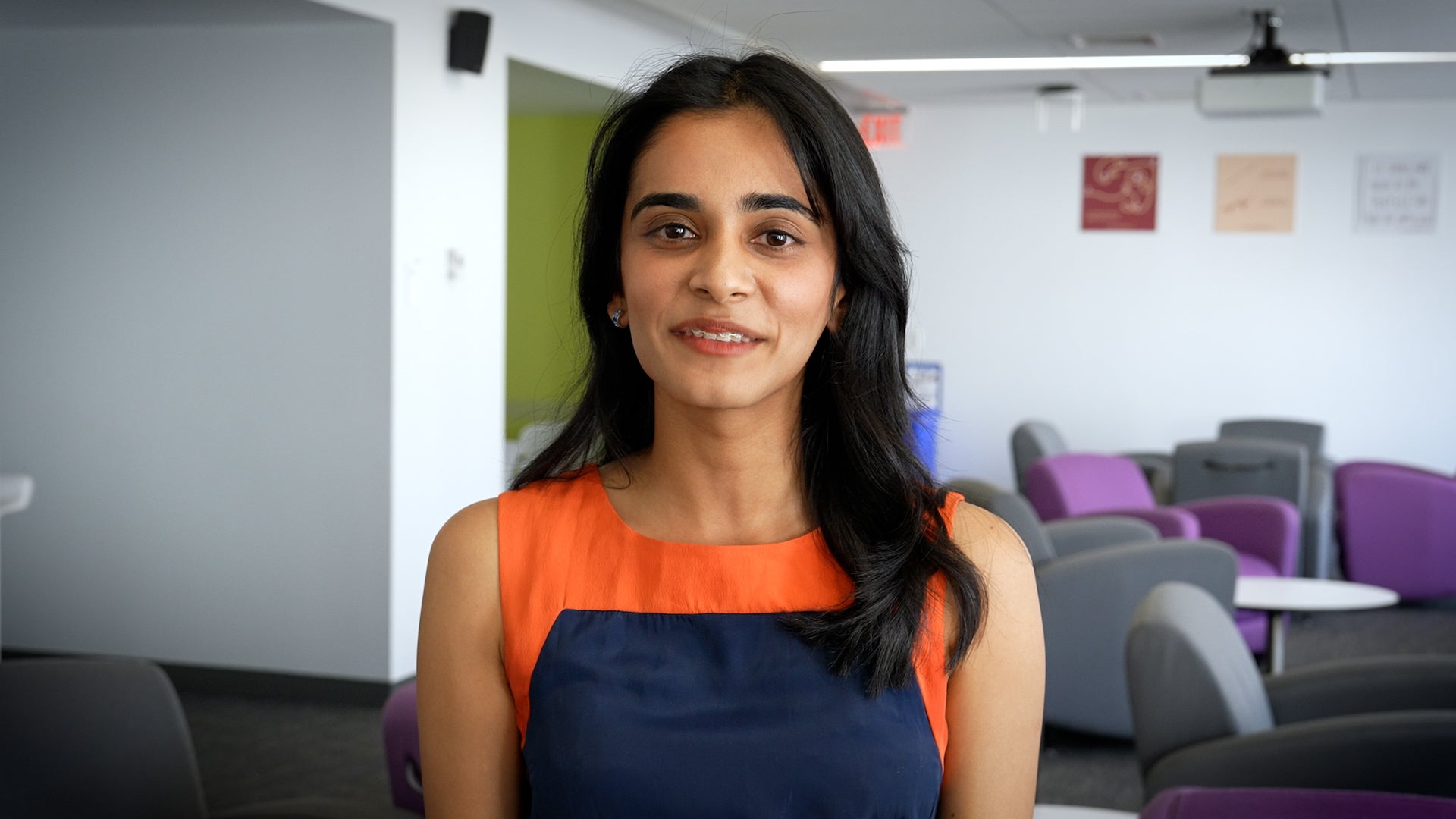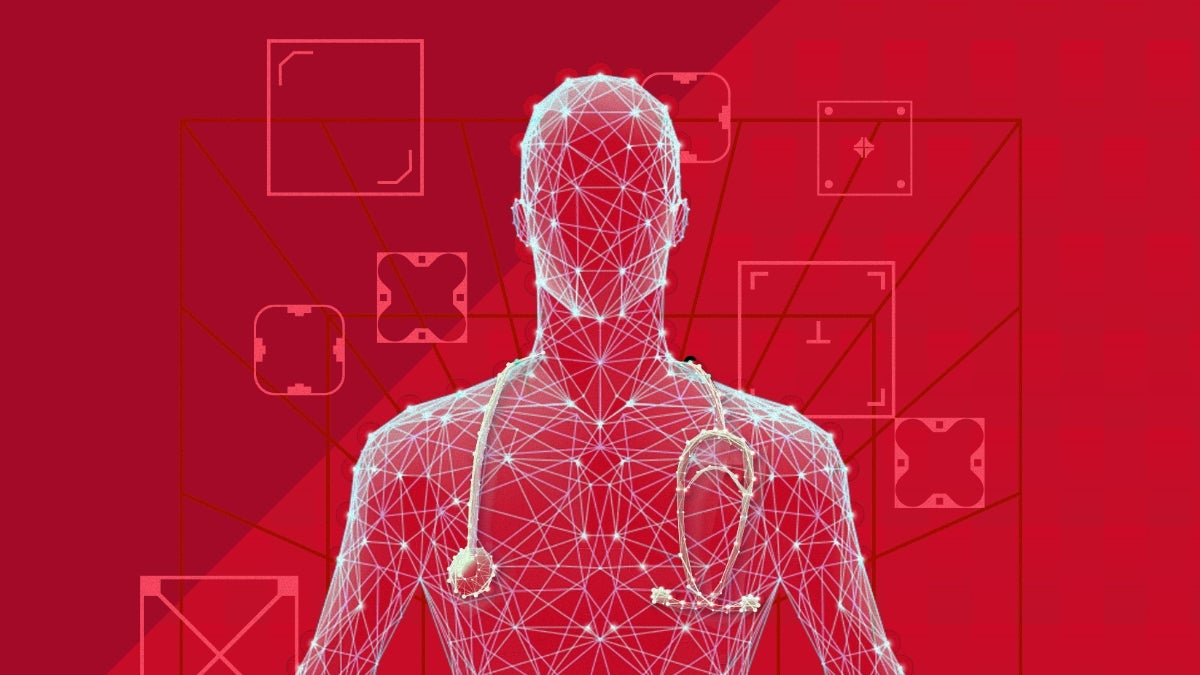From Mumbai to Mississippi, improving health for marginalized populations

Disha Jhaveri, MPH ’23, a dentist, wants to use her public health degree to make a wider impact
June 1, 2023 – Every strawberry season in Mumbai, India, Disha Jhaveri’s parents get a knock on the door from a local strawberry vendor, there to gift them fruit as thanks for their daughter, the dentist who provided him free care.
“I was buying strawberries from him on my way home one day and he was telling me he had so much tooth pain he was unable to eat,” Jhaveri said. “I said, ‘I’m a dentist. Why don’t you come to my office and let me have a look?’ I spoke to my employer, and he said I could open my chair that Sunday, when our office was closed, to treat the man at no cost. After that, most Sundays I would practice this kind of dentistry, treating local food vendors and farmers and other underserved people without charging them any fee.”
That first Sunday was about ten years ago, when Jhaveri was a new dental school graduate and was still living in Mumbai. Her de facto free clinic finished in 2018, when she moved to Boston with her husband, an infectious disease doctor. Nonetheless, the still grateful strawberry vendor and the rest of her Sunday patients are never far from her mind. She mentions a pair of shoes given to her by a shoemaker she treated. “I don’t wear them,” Jhaveri said. “I keep them as a reminder to myself to continue doing this kind of service.” And at home in her study hangs a gift from another grateful patient who received care that otherwise would have been inaccessible—a framed image of Lord Ganesha, the Hindu deity known as “the remover of obstacles.”
Jhaveri carried these tokens from Mumbai to Boston and then to Jackson, Mississippi, where she moved in 2021. And she found new inspiration in them as she studied for her Master of Public Health (MPH) degree at Harvard T.H. Chan School of Public Health, part of the first cohort of students in the MPH Generalist online program. Jhaveri graduated in May.
Though she may return to dentistry one day, studying public health has given her the inspiration and the tools to chart a new path toward her decade-old dream of ensuring access to health and well-being for marginalized populations.
“The vendor and the shoemaker are examples of just two people I could treat,” Jhaveri said. “But with public health, after studying for two years, I can reach thousands and thousands of people and make a meaningful impact. That’s where I’m getting pulled now. That’s what’s getting me excited.”
Connecting the classroom to the community
Newly arrived in Boston, faced with the multiyear process of obtaining an American dental license—and still wanting to make contributions to health in her home country—Jhaveri began working as a research assistant at Tufts Center for Global Public Health. There she conducted research on barriers to care among people living with tuberculosis in India. It was her mentor on the team, Dr. Ramnath Subbaraman, SM ’17, who suggested she pursue an MPH.
“Pursuing an MPH aligns with your career goals and interests, and it will be service oriented. Practicing dentistry is not the only way you can reach out to people,” Jhaveri recalls her mentor telling her.
Jhaveri had her eye on Harvard Chan School, and the School’s launch of the online MPH Generalist program in 2021 proved serendipitous, as another move—to Jackson, for her husband’s work—was imminent. When her classes began in the fall of 2021, any skepticism she and many fellow students felt about pursuing their degrees online quickly dissipated.
“I think initially many people were hesitant, thinking, ‘How will we get a proper experience? How can we learn if we’re doing everything online?’ But there was so much support. The program made sure we had a full experience,” Jhaveri said. She cited classes with Aaron Bernstein, instructor in the Department of Environmental Health and then-interim director of the Center for Climate, Health and the Global Environment; John McDonough, professor of the practice of public health in the Department of Health Policy and Management; and Laurie Pascal, senior lecturer on health management, as examples.
“We would attend Dr. Bernstein’s lecture with in-person students and could interact with each other, have live discussions,” Jhaveri said. “Laurie’s course on organizational behavior was the highlight of my final semester; it made me want to further my career in this field. And because of Professor McDonough’s lectures, I’m interested in policy. I never thought I would be, or that I would have an aptitude for it. But his engagement with us in office hours changed that. We had to extend them so many times, because we would all share our ideas and experiences and he would advise us and give us resources that weren’t on the syllabus, but that made sense for us.”
In fact, attending the School virtually was an advantage, Jhaveri said, as Jackson proved the ideal backdrop for studying public health. Her first year in Mississippi was characterized by bewilderment: She saw more fast-food restaurants and freestanding diabetes clinics than grocery stores and farmer’s markets. Cars were the only viable mode of transportation. Condoms were locked up at Walmart, purchasable only if you asked an employee. Her husband saw patients at the University of Mississippi Medical Center living with uncontrolled HIV; often they were uninsured, impoverished, and had driven hours to see him, sometimes from out of state.
“It was really weird to me,” Jhaveri said. “But I started analyzing what I was seeing around Jackson and correlating it with what we were studying—the social determinants of health—and it just clicked into place. The health status of the population, the food available, income, access to medical and dental care … everything is so interconnected. And it reminds me of the people I used to treat back home.”

Looking ahead
“Home” is an evolving concept for Jhaveri. Whereas she once longed for the comforts of Mumbai or Boston, she now feels an allegiance to Jackson, to Mississippi, and to the Deep South.
“We as a country have progressed so much. But why have we left out certain pockets? Why is no one investing in Mississippi? The people here are part of us,” Jhaveri said. “It’s time we include them.”
For her practicum—a requirement of the MPH Generalist program, in which students tackle a public health problem through a project in a real-world setting—Jhaveri dug deep into her new community. She worked with Baby University, a nonprofit initiative based in Clarksdale, Mississippi that provides education and support to parents, in particular mothers, around how to better care for their children and themselves. Two of Jhaveri’s mentors—Bizu Gelaye, associate professor in the Department of Epidemiology, and Elizabeth Levey, assistant professor at Harvard Medical School and member of the Harvard Chan Department of Epidemiology’s GRAPE research team—advised her on her role developing tools to analyze its impact.
“The long-term goal is to be able to replicate Baby University, because everybody can’t reach Clarksdale,” Jhaveri said. “So my job was to develop an interview guide and survey for the Baby University participants, to help us understand what programming is working, what we can make better, and how to best set up our model to get funding and establish satellite campuses.”
Jhaveri also served as one of Baby University’s instructors, teaching participants about dental health for themselves and their young children. After graduation, she plans to continue her involvement. But most immediately, her plan is to take time to be with her own baby, Nivaan, who was born in February. Jhaveri said the support of her professors and peers made it possible for her to tend to herself, her pregnancy, and then her newborn son while still finishing her MPH on time—and that now, she’s looking forward to a true maternity leave.
And while she has taken the dental boards and is on the road to obtaining licensure, right now other public health projects are calling to her. Jhaveri mentions working for the University of Mississippi Medical Center’s tobacco cessation program as a potential next step, and says she also plans to share a policy proposal for introducing fluoride treatments in public schools with the help of the Medical Center’s dental school. She wrote the proposal as part of a class focused on how to draft policy proposals and briefings, and drew inspiration for it from a free pediatric health event she had organized in Mumbai, during which she helped provide fluoride treatment to 5,000 underserved school-age children.
Living in Jackson—like in Mumbai—the opportunities Jhaveri sees to make a difference in public health are endless.
“I feel I have evolved as a person. So much of what we were studying gave me the capacity to understand better and be more compassionate,” Jhaveri said. “There’s so much to do here in Mississippi. And using my experience from India and the skills and knowledge from my MPH program, there’s so much impact I can have.”
Photos courtesy of Disha Jhaveri


